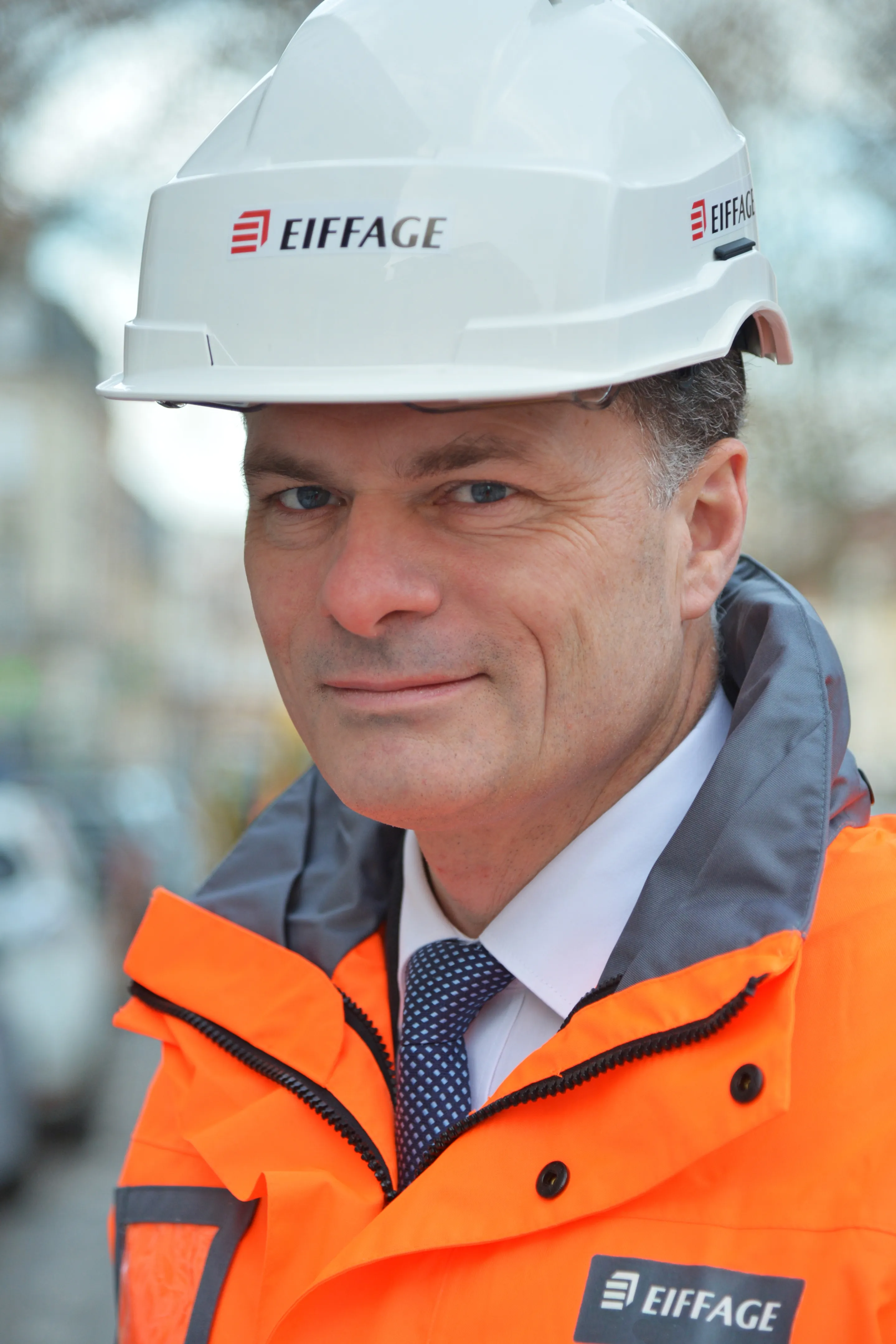The 12th Developments in Pavement Assessment (DIPA) conference organised by Fugro Aperio was taking place today in Birmingham, central England. DIPA is Britain’s only highways event dedicated to pavement assessment, covering the latest policy, best practice and survey technology developments. Speakers include pavement experts from local government, consultancy and research, and the data collection sector.
July 16, 2012
Read time: 2 mins
RSSThe 12th Developments in Pavement Assessment (DIPA) conference organised by 2929 Fugro Aperio was taking place today in Birmingham, central England.
DIPA is Britain’s only highways event dedicated to pavement assessment, covering the latest policy, best practice and survey technology developments. Speakers include pavement experts from local government, consultancy and research, and the data collection sector.
Amanda Richards, chair of the Interim Road Condition Steering Group, will review the progress of PCIS (Pavement Condition Index Systems), the new national indicators and SCANNER (Surface Condition Assessment for the National NEtwork of Roads) specification, and the future role of UKPMS.
777 TRL (Transport Research Laboratory) will outline the latest QA (Quality Assurance) requirements for SCRIM (Sideway-force Coefficient Routine Investigation Machines), deflectograph and FWD (Falling Weight Deflectometer). Herbert Micallef of 2387 Transport for London will explain how the local government body uses pavement asset data to offer better value and services to Londoners. The use of road inspection data to assess road safety will be the focus of a paper by James Bradford of iRAP (International Road Assessment Programme).
Speaking ahead of the one-day event being held at the Midlands Engineering Centre in Birmingham, a Fugro Aperio spokeseperson said: “The conference is essential for those in pavement maintenance and highways asset management facing the challenges of assessing road network condition and establishing financial models for its long-term upkeep.”
DIPA is Britain’s only highways event dedicated to pavement assessment, covering the latest policy, best practice and survey technology developments. Speakers include pavement experts from local government, consultancy and research, and the data collection sector.
Amanda Richards, chair of the Interim Road Condition Steering Group, will review the progress of PCIS (Pavement Condition Index Systems), the new national indicators and SCANNER (Surface Condition Assessment for the National NEtwork of Roads) specification, and the future role of UKPMS.
Speaking ahead of the one-day event being held at the Midlands Engineering Centre in Birmingham, a Fugro Aperio spokeseperson said: “The conference is essential for those in pavement maintenance and highways asset management facing the challenges of assessing road network condition and establishing financial models for its long-term upkeep.”








